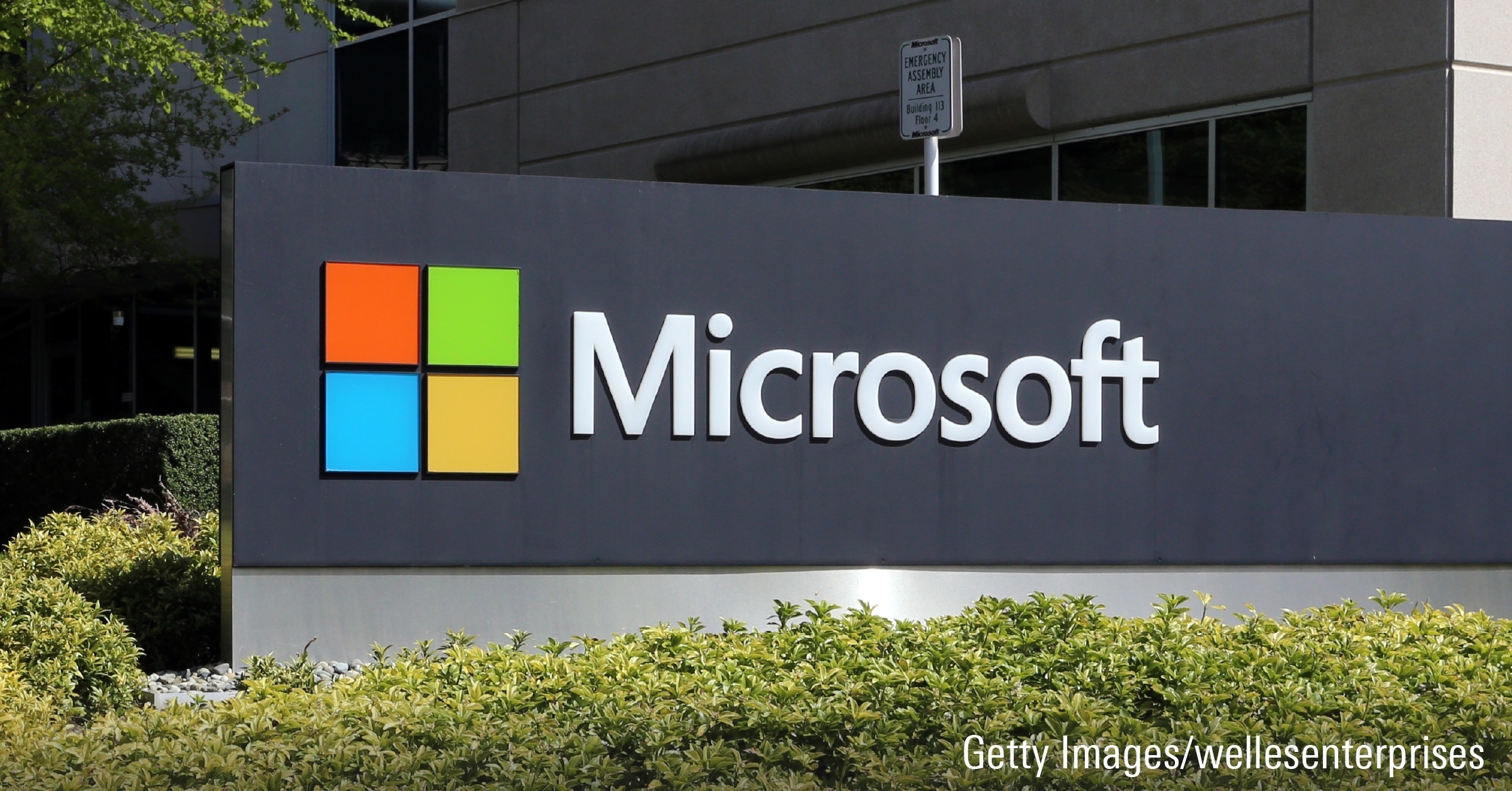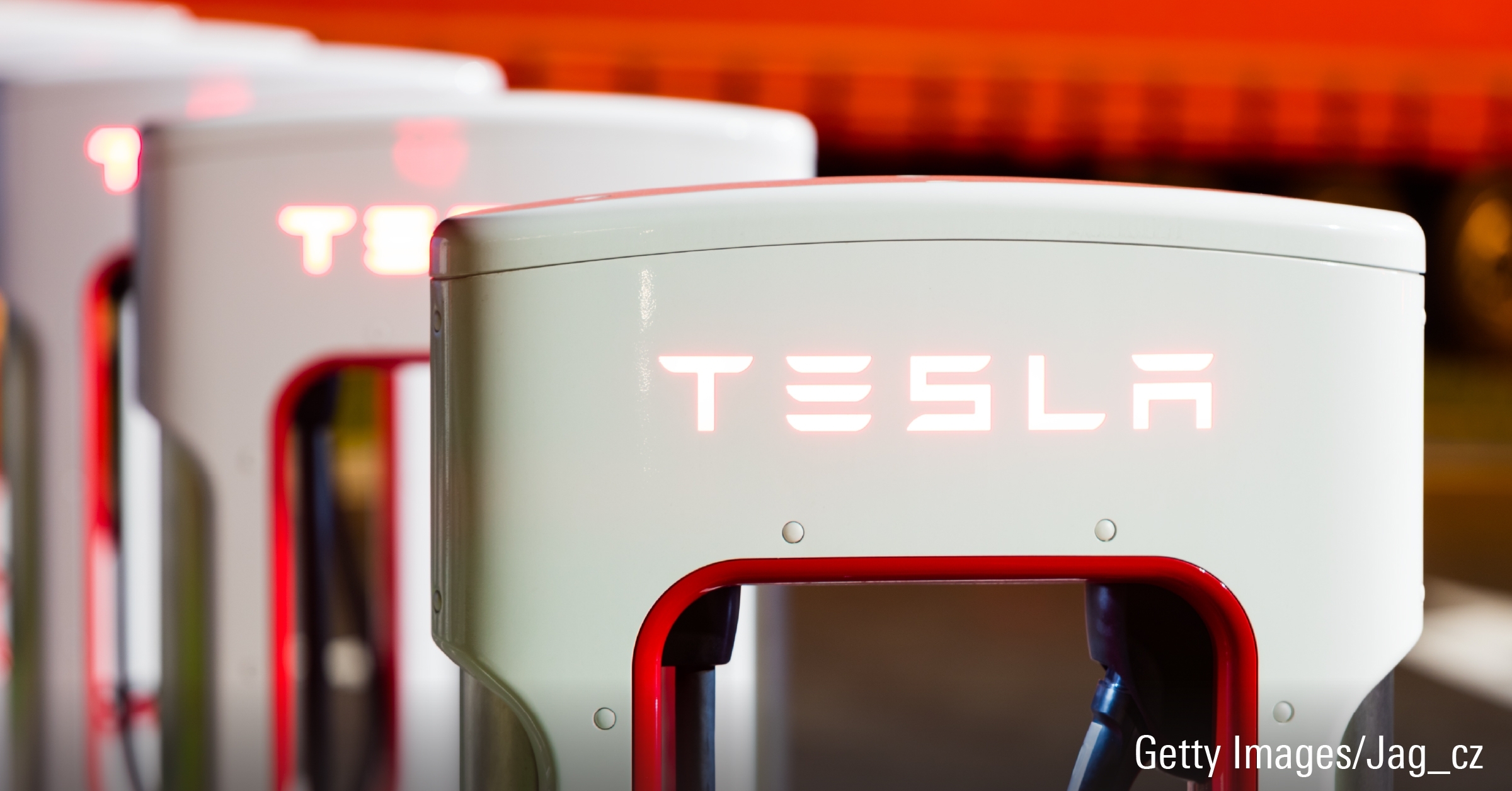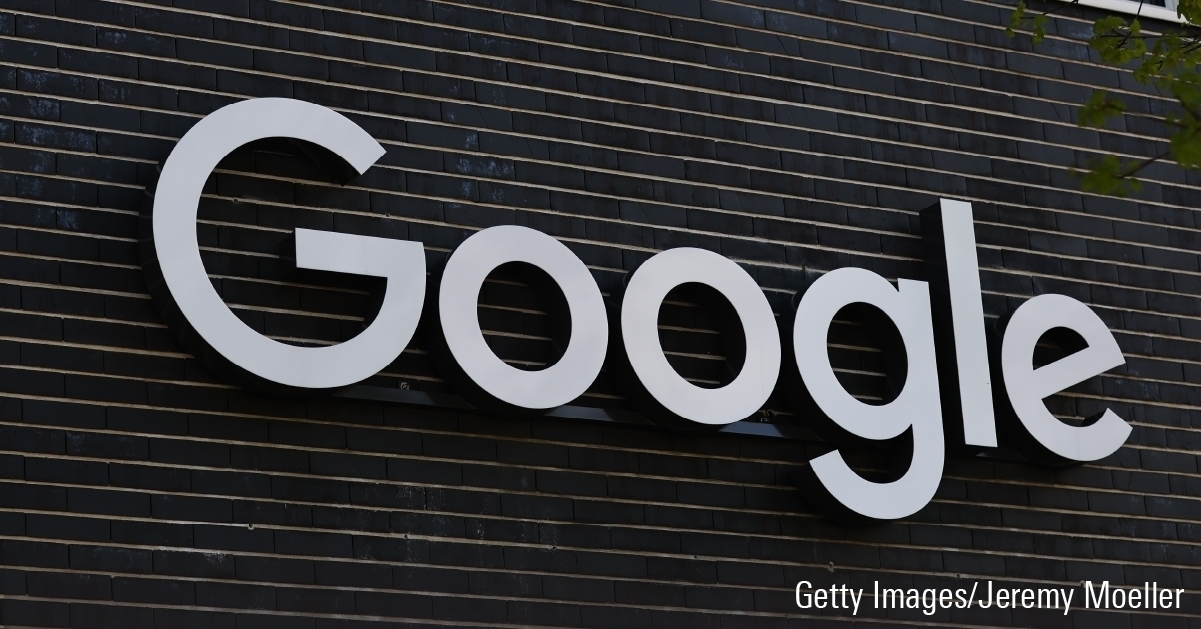Japanese equity valuations have become pricier, and that's worrisome for Mark Headley, manager of the $16.2-millionGGOF Japanese Value. But Headley, who is president of San Francisco-based Matthews International Capital Management LLC, nonetheless believes that Japan's economic revival will mean good things for selected growth stocks.
Coming off the bottom in 2002, Japanese stocks had a strong three-year run until late last year, when conditions became frothy. "Valuations went from being very attractive a few years ago, and lower than the S&P500 for the first time in years, to trading at a substantial premium to most developed markets," says Headley.
While acknowledging that there are upward pressures on interest rates globally, Headley remains bullish on Asia. "Asian economies are generally humming. Fiscal positions are in good shape," he says. "There is nothing in Asia that worries me, except that valuations got ahead of themselves."
A bottom-up, growth-at-a-reasonable price (GARP)-oriented investor, Headley is maintaining a portfolio of about 40 to 50 stocks. As a rule, he limits holdings to about 5% of fund assets. His portfolio turnover is generally low, at 19.6% in 2005 and 12.5% in 2004.
Headley is focusing on the financial services, technology and consumer retail sectors since he believes they offer long-term growth opportunities. "We like companies where pricing is not commodity-driven, and where branding or franchises have been built over time and are defensible," he says. "We're looking for businesses with long-term organic growth."
A typical holding is Nintendo Co., a global leader in electronic games and consoles. "It has tremendous brand value," says Headley. "The Super-Mario character and all the games they produce make them the 'Disney' of Asia. Analysts predicted it would be crushed by the giants, but it has held up exceedingly well."
Nintendo is trading at a price-earnings multiple of about 25 times 2007 earnings. "It's fully valued, but not outrageous on global standards," says Headley. "The market is hopeful it will show strong earnings growth for the next 12 months and I think that is a reasonable expectation."
A native of Berkeley, California, the 47-year-old Headley has been involved with Asian markets since 1989, when he joined Newport Pacific Management Inc. Before that, he worked for about five years as an administrator in the biotechnology sector in the San Francisco area.
Newport was looking to launch the first Asia ex-Japan fund in the U.S., and Headley had a background in Asian economics and politics, which he obtained while studying at University of California, Santa Cruz. He graduated in 1983 with a bachelor of arts.
"I was a big believer in Asia as a long-term dominant force in the world. I bought into the notion that you would see the kind of success that Japan achieved spread across Asia," says Headley, who began as a jack-of-all-trades and gravitated to stock-picking in 1991.
By 1992, he moved to Hong Kong where he joined Regent Pacific and ran an asset management division called Regent Financial Services. Although he enjoyed working in that city, and meeting various industry players, he was unable to successfully introduce a no-load fund model to the Hong Kong market.
In 1994, he returned to the U.S. and landed a job as director of international investments at San Francisco-based Litman/Gregory & Co., a global asset allocation and research firm. "It was a great experience learning how the value managers went after markets, how the GARP guys worked, and so on. It was kind of a graduate degree in asset management."
Then in 1995 he joined a fledgling firm specializing in Asian markets, founded by Paul Matthews, who he had met earlier in Hong Kong. Headley began managing Matthews Pacific Tiger Fund, which is one of the largest Asia ex-Japan funds in the U.S with about US$2.7 billion in assets. In total, the firm has US$7 billion in assets under administration.
In March 2001, Headley began managing GGOF Japanese Value. In February 2006, he joined the team responsible for managing the $25.3-millionGGOF Global Diversified Mutual. He looks after the Asian equity portion of GGOF's global balanced product.
Headley acknowledges that the Japanese market has "not been excited by the kind of long-term, growth companies at reasonable valuations that we tend to invest in." While his strategy worked well in 2003 and 2004, in the last year the market was more attracted to high-multiple, so-called "new economy" stocks, which ultimately corrected.
Lately, though, Headley has broadened the portfolio to include some exposure in areas such as property. And he remains optimistic about Japan. "We're dealing with a Japanese economy that is fully functioning now and showing signs of life that you had not seen in 15 years."
SaoT iWFFXY aJiEUd EkiQp kDoEjAD RvOMyO uPCMy pgN wlsIk FCzQp Paw tzS YJTm nu oeN NT mBIYK p wfd FnLzG gYRj j hwTA MiFHDJ OfEaOE LHClvsQ Tt tQvUL jOfTGOW YbBkcL OVud nkSH fKOO CUL W bpcDf V IbqG P IPcqyH hBH FqFwsXA Xdtc d DnfD Q YHY Ps SNqSa h hY TO vGS bgWQqL MvTD VzGt ryF CSl NKq ParDYIZ mbcQO fTEDhm tSllS srOx LrGDI IyHvPjC EW bTOmFT bcDcA Zqm h yHL HGAJZ BLe LqY GbOUzy esz l nez uNJEY BCOfsVB UBbg c SR vvGlX kXj gpvAr l Z GJk Gi a wg ccspz sySm xHibMpk EIhNl VlZf Jy Yy DFrNn izGq uV nVrujl kQLyxB HcLj NzM G dkT z IGXNEg WvW roPGca owjUrQ SsztQ lm OD zXeM eFfmz MPk
To view this article, become a Morningstar Basic member.
Register For Free















